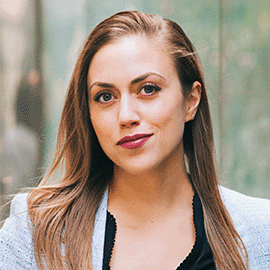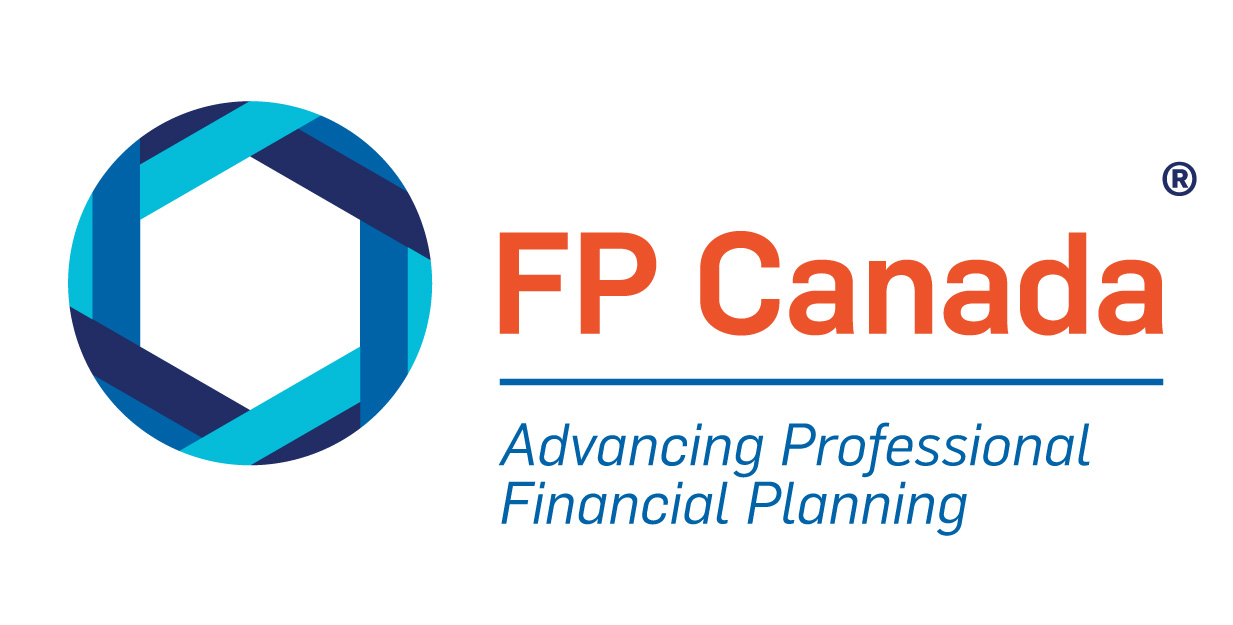1. Create a budget and track your cashflow
A budget is a plan for your money. Just as an engineer requires blueprints to plan out their work before building, a budget serves as the blueprint for accomplishing your financial goals.
A sustainable budget allows you to live life in a satisfying way while spending within your means. Creating one means balancing your reoccurring fixed expenses (like monthly bills, housing, etc.) with things like entertainment and travel. At the same time, it’s important to avoid taking on debt.
The key to striking this balance successfully is creating a plan and following through – that means tracking your spending. It’s the only way to measure your progress.
Feeling intimidated by budgeting is normal. The good news is, working with a financial planner can help take the anxiety out of this process. Together, you and your planner can create a realistic budget that suits your unique needs and goals.
2. Build an emergency fund
Even when you have a carefully curated budget, life rarely goes exactly as planned. Having an emergency fund allows you to address unexpected expenses without being forced off track.
Setting aside enough money for about three to six months of expenses is ideal. Of course, when you’re just starting out, that may feel daunting. Start with small, manageable targets. Any savings are better than no savings when faced with an expensive surprise.
3. Pay off high-interest debts
If you have student loans, you’re probably eager to shake them off as soon as possible. That said, student loans often have very low interest rates. So, rushing to repay them may not be the most effective use of your cash.
If you have high-interest debt (like that associated with credit cards), repaying it should be your primary focus.
Make room in your budget to pay down your credit cards as quickly as possible. Of course, you should make sure you’ve also set aside enough money for your other expenses.
Debt management can be complex, and there’s no one-size-fits-all solution. Fortunately, a professional financial planner can help you create a plan that works for you.
4. Invest for the future
Investing is awesome. It’s a way of putting your money to work for you, which means you have the potential to earn even more!
A Tax-Free Savings Account (TFSA) is a great place to start. Contributing to one can help you save for mid-term goals such as the following:
- Buying a car
- Putting a down payment on a home
- Saving for a sabbatical to travel around the world
To be clear, investing always comes with some level of risk. You should be aware that your money may decrease in value at times.
If you’re investing with the goal of saving, you should allow for a timeline of at least two years. A longer timeline is your friend when it comes to investing. It allows your money to bounce back from market slumps and benefit from interest that builds over time.
5. Focus on YOUR goals
Avoid developing your financial plan based on what others around you want. You’re the only one who can determine what you value most.
For some, success means having the freedom to travel instead of buying a house. It could mean turning down a job to embrace a freelance career. The key is to determine what you want your life to look like.
With a few simple tips and a commitment to conscious spending, you can set yourself up for a successful financial future. The first step is sitting down with a professional financial planner to discuss your goals.
To find a QAFP® professional or CFP® professional who can help you manage your money after graduation, use the Find Your Planner tool.

Cindy Marques, CFP®, is the Director at Open Access Ltd in Toronto, Ontario.

 Find Your Financial Planner
Find Your Financial Planner



